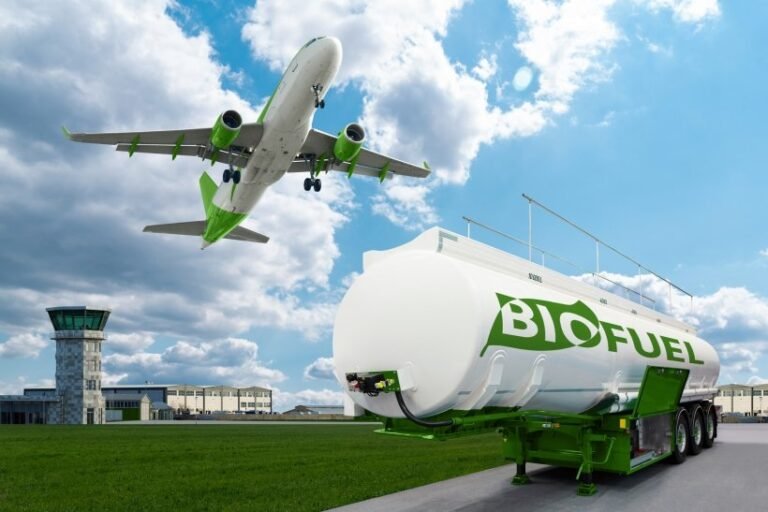Qatar Airways has set a bold goal to use at least 10% Sustainable Aviation Fuel (SAF) in its jet fuel mix by 2030, as revealed in its recent annual report. This commitment aligns with the airline’s broader environmental strategy, which includes working with industry partners to promote SAF and low carbon aviation fuels (LCAF) that meet rigorous sustainability standards recognized by the International Civil Aviation Organization (ICAO).
In 2023, Qatar Airways made significant strides by using 3.9 million litres of SAF, achieving a 94.4% reduction in emissions compared to traditional jet fuel. This SAF accounted for over 5% of the airline’s total fuel usage in Amsterdam during the fiscal year 2023-24.
The airline has also expanded its voluntary carbon offsetting program since its launch in November 2020. This initiative allows passengers, corporate clients, and cargo customers to contribute to carbon reduction projects in Africa and Asia, further supporting global environmental goals.
Qatar Airways adheres to both the EU and UK emissions trading schemes and the State of Qatar’s requirements under the ICAO’s Carbon Offsetting and Reduction Scheme for International Aviation (CORSIA). This global scheme is expected to stabilise international aviation’s CO2 emissions at around 600 million tonnes, countering a projected increase to nearly 900 million tonnes by 2035 without it.
The airline’s environmental strategy includes investing in advanced aircraft technology, reducing single-use plastics, and conserving resources. These efforts are part of Qatar Airways’ broader commitment to achieving net zero emissions by 2050, as outlined in the Four Pillars Strategy by IATA and ICAO.



